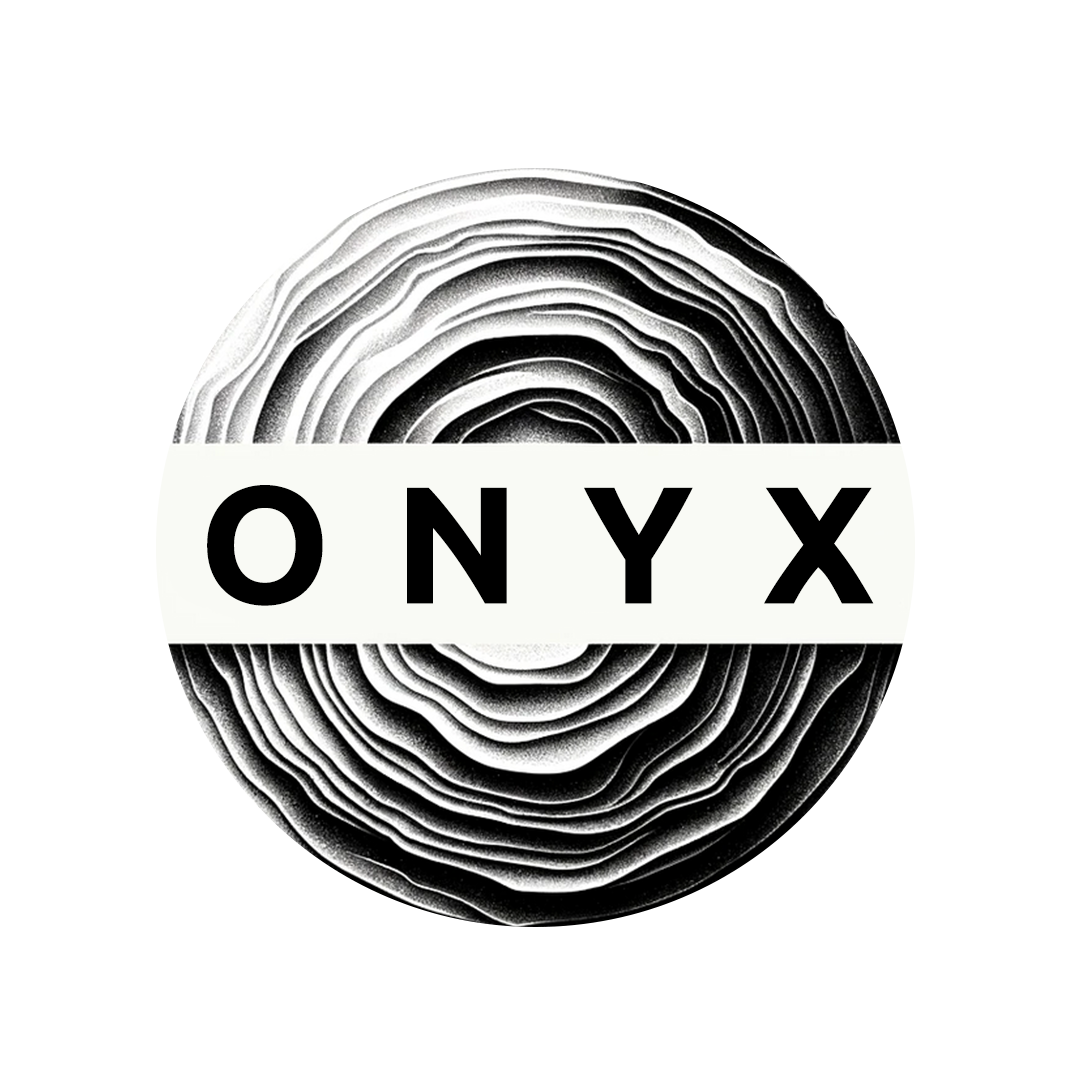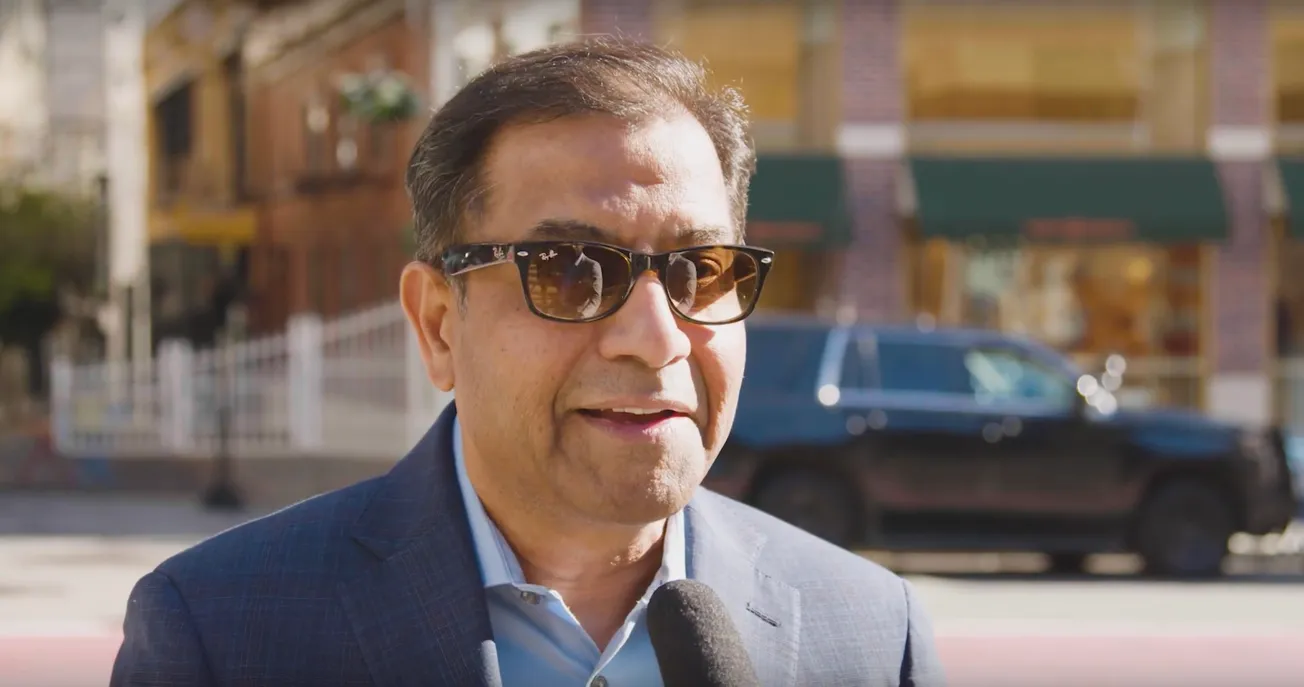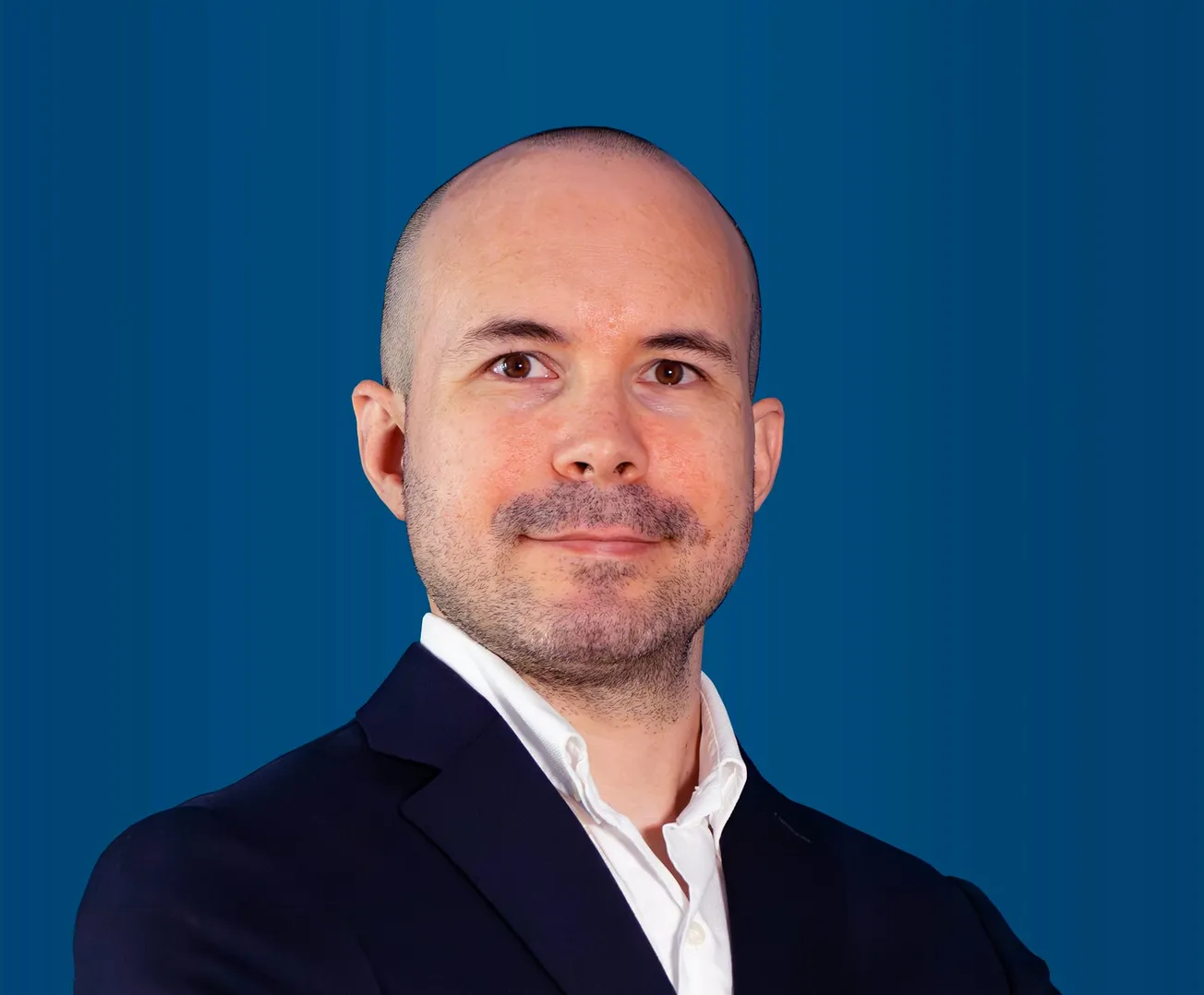Table of Contents
Lexicon has been discovering new genetic science since the Human Genome Project. They've retained investor interest, and have 2 solid new FDA approvals. Dr. Mike Exton, with over 2 decades of pharma experience, was drafted in this Summer and has plans to make history... in 2025 Lexicon is going for commercial success.
Why did you become the CEO of Lexicon?
I've had three main phases in my career. After completing my PhD, I moved to Germany as a Humboldt scholar and focused on neuroimmunology research for six years. My wife and I then returned to Australia, where I joined Eli Lilly. Over a decade there, I worked in medical roles, business development, became a Six Sigma Black Belt, and gained experience in marketing, sales leadership, and national sales management. This period provided a solid foundation in the pharmaceutical value chain.
While in Germany, I worked with cyclosporine, an immunosuppressant used in heart transplantation, and learned about a drug called FTY720 developed by Novartis. Although it wasn't more effective than cyclosporine for transplantation, Novartis repurposed it for multiple sclerosis. I joined Novartis to launch this drug in Australia, marking the start of my international career. I later moved to Basel, Switzerland, for a regional role and became the country president in Taiwan.
Seven years ago, I was asked to move to the U.S. to work on cardiometabolic medicines, specifically to revive the launch of Entresto. When I took it on, it was generating about $100 million in sales; this year, Novartis expects around $8 billion. This deepened my involvement in the cardiometabolic space globally and eventually led me to the opportunity with Lexicon.
You've seen the inside operations of 2 top pharma companies. How do you decide which leadership approaches to adopt and which to change?
It involved a lot of trial and error. Early in my career at Lilly, I was ambitious and driven to succeed at all costs. My time at Novartis prompted self-reflection, especially during a year-long training with the leadership team in Australia. I realized that to achieve my ambition of becoming a CEO, I needed to reflect on how I impacted others. Over time, I focused on being transparent, authentic, and open to feedback—qualities that aren't always comfortable but are essential for effective leadership.
What makes you most excited about Lexicon?
Lexicon has transformed significantly over the years. Established over 25 years ago as a genomics company, we embarked on an ambitious plan to describe the phenotypes of 5,000 druggable genes using knockout mouse models, identifying about 200 genes of significant interest. Over time, we've built our discovery platform, development capabilities, and commercial capabilities. Despite being a small company, we've achieved two FDA-approved medicines and have several promising projects underway.
Currently, we've resubmitted a New Drug Application for a drug that could be the first ever adjunct to insulin. Compared to T2D, people living with T1D have never experienced meaningful innovation beyond insulin. About 70% of people with type 1 diabetes still struggle with glycemic control, so this represents a significant unmet need.
We've also commenced a Phase 3 trial in hypertrophic cardiomyopathy (HCM). Existing drugs like cardiomyosin inhibitors have complex risk evaluation and management programs that limit patient access. There's a significant treatment gap with current treatments like beta blockers, calcium channel blockers, and surgical options. Our drug aims to fill that gap.
Additionally, we have an exciting opportunity with our ongoing Phase 2b study in diabetic peripheral neuropathic pain. There's been little innovation in neuropathic pain treatments over the past two decades. Our target is the first identified specifically for pain, aside from opioids, that has made it to late-stage development in 20 years. We achieved our primary efficacy endpoint in our Phase 2 study, and the Phase 2b results are expected in the first half of next year.
Our "Lead to Succeed" strategy focuses on areas with significant unmet patient needs, with a goal of allowing us to be the first and only in these spaces and facilitating favorable acceptance by payers, physicians, and patients.
How do you decide between commercializing independently versus partnering for an asset?
Before I answer, I'd like to mention another important asset: LX9851, a novel target for obesity and weight management. While many companies are developing new formulations of GLP-1 or other incretins, LX9851 offers a completely novel mechanism. Identified through our technology, it targets ACSL5 and has shown positive preclinical data, including efficacy on top of semaglutide, preservation of lean body mass, and benefits for metabolic conditions like fatty liver disease. As an oral investigational medicine, it could eventually serve as an interesting maintenance therapy.
As a small company, our strategy allows us to focus our resources effectively. For example, type 1 diabetes is managed by a relatively concentrated group of endocrinologists in the U.S., making it feasible for us to commercialize independently. The same applies to hypertrophic cardiomyopathy.
In contrast, neuropathic pain management involves a broad range of primary care providers. We don't have the commercial reach to engage at that level across the U.S. and internationally. We believe that LX9211 has therapeutic potential across multiple forms of neuropathic pain and spasticity, making it further suitable for partnership with a larger company. We've received significant interest from major players awaiting our Phase 2b study results. This potential partnership is critical for us, especially as we approach important industry events.
Looking ahead to 2025, what's your vision for Lexicon and for the U.S. economy?
I envision Lexicon as an innovation and commercial engine that brings valuable opportunities to market. We operate in "white spaces" where there are no other options for patients, which we believe will allow us favorable access in the healthcare system.
We aim to become a notable player capable of discovering assets from our target database and bringing them to market. It's an exciting trajectory for the next 12 to 18 months. However, as an industry, we could do more to demonstrate the value of our medicines, especially whe they are targeting high levels of unmet needs.
Additionally, with the Federal Reserve reducing interest rates, there's optimism for increased investment in biotech. As capital markets become more favorable, we're on the cusp of another wave of innovation and enthusiasm in the biotech revolution. It's an exciting time.





